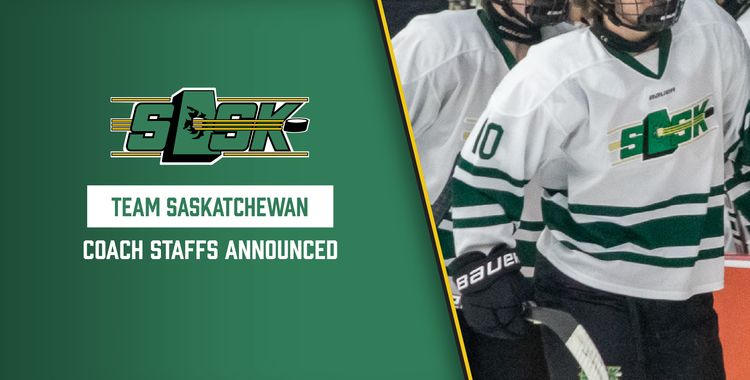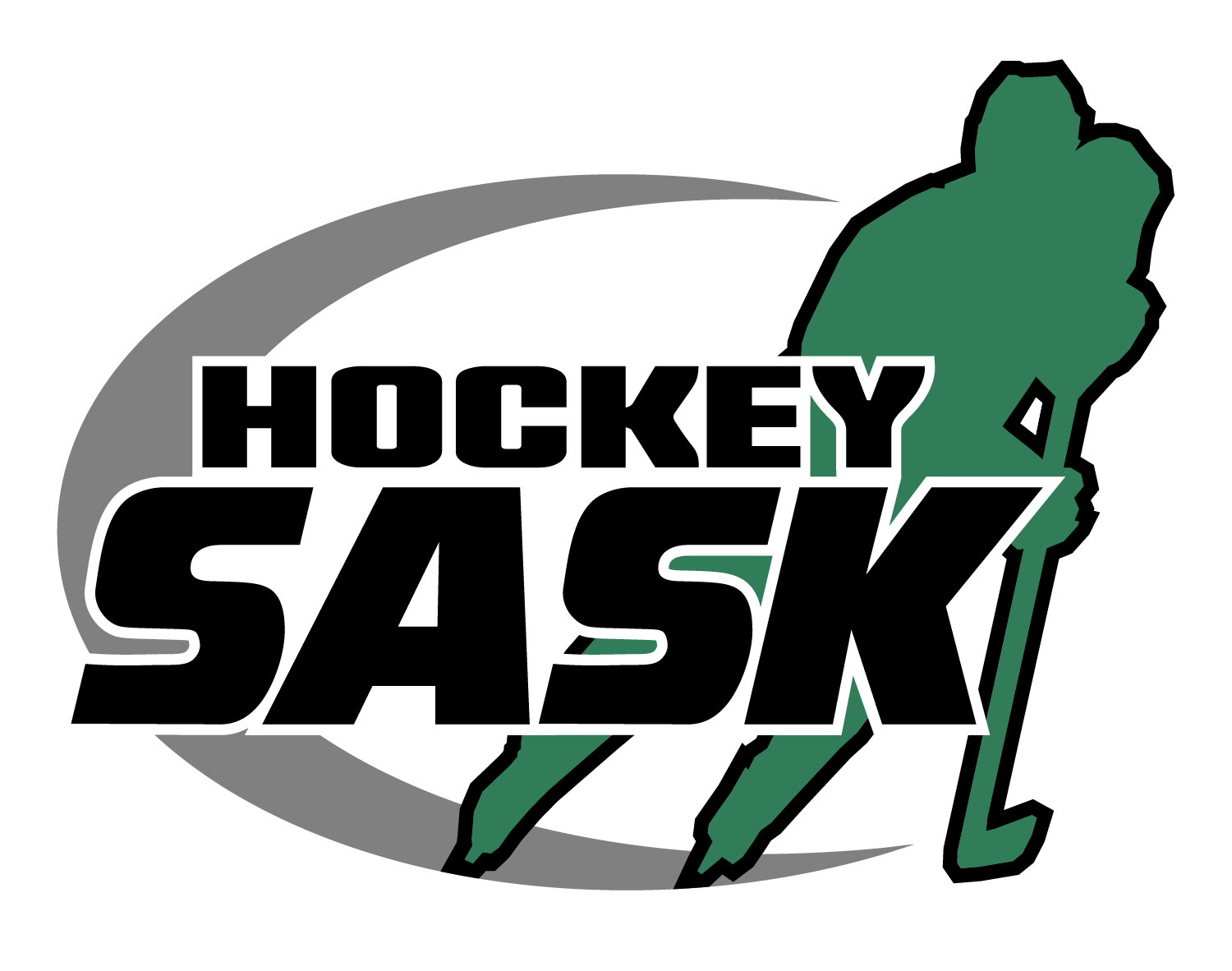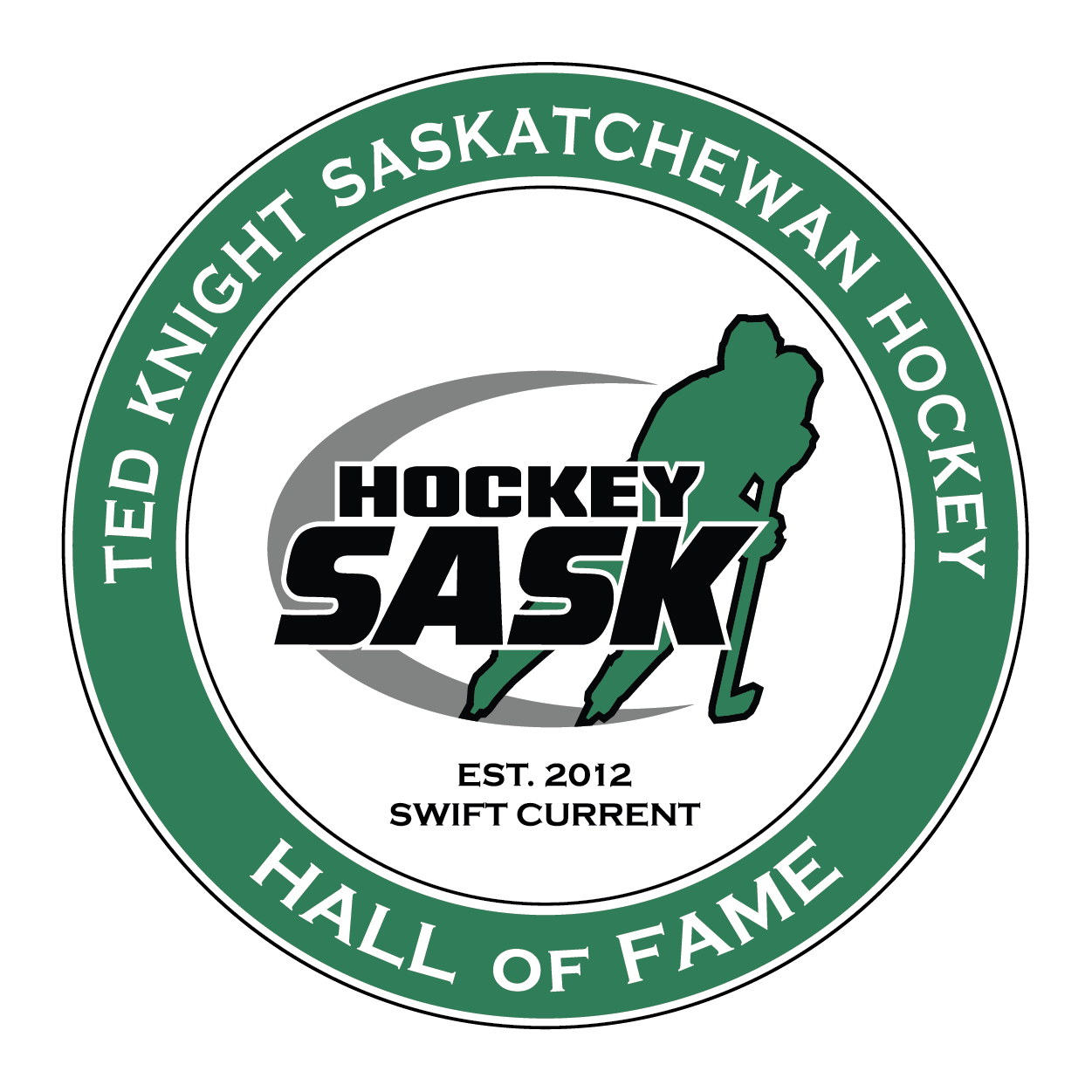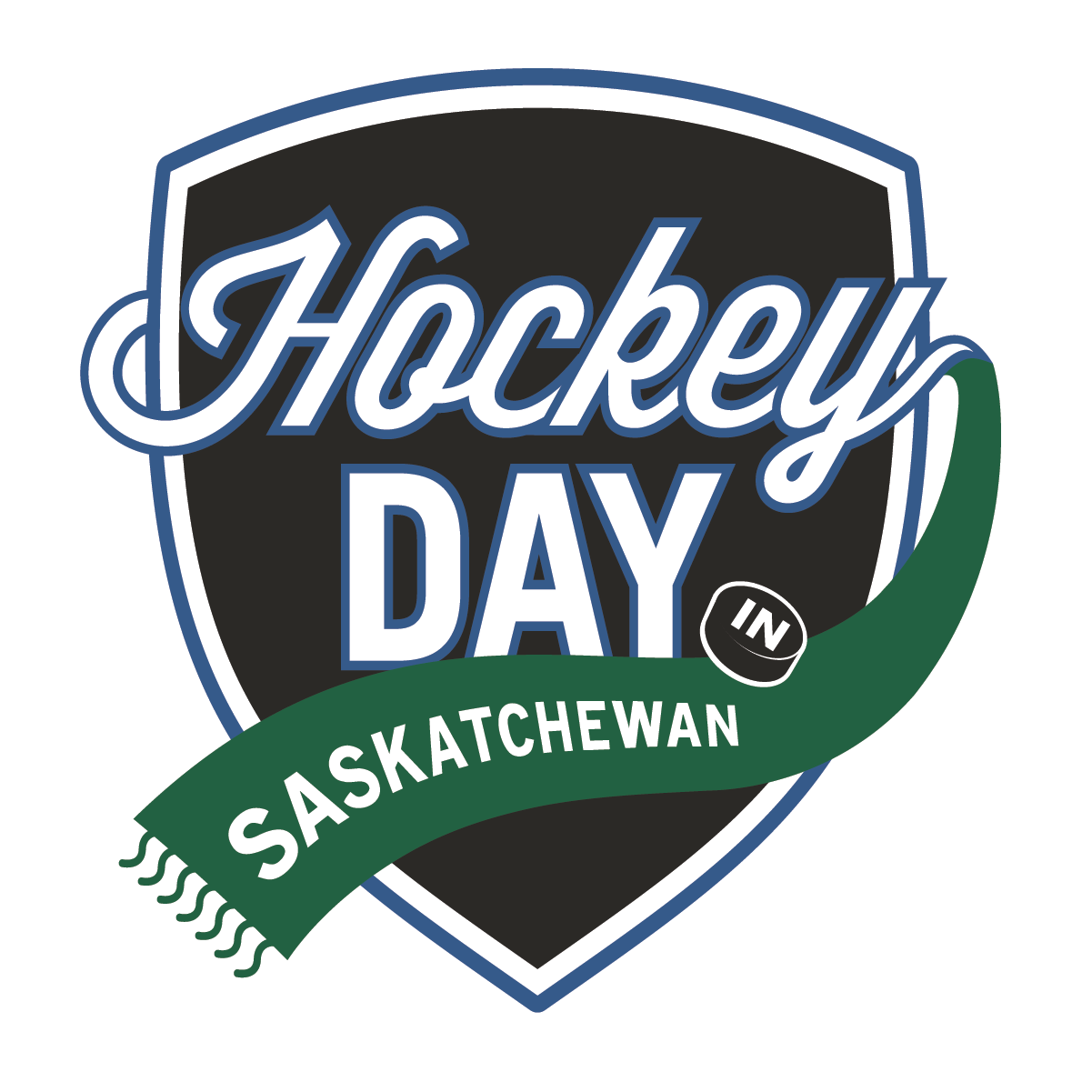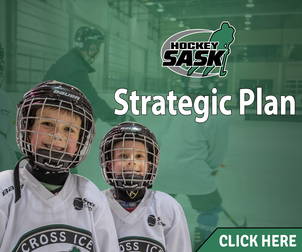Q&A with Hockey Goaltender Scout Anderson
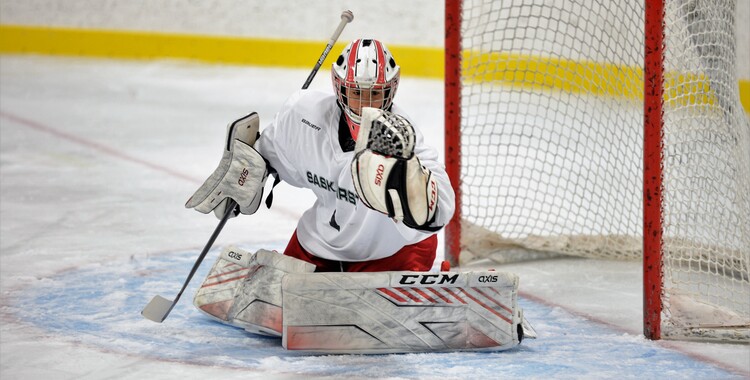
Jun 21
2022
By Sask Sport
Scout Anderson, an Indigenous athlete who hails from Saskatoon, is just finishing her final term of school and training as a goaltender at the Okanagan Hockey Academy in Penticton, B.C. This fall, she plans to continue her hockey journey while competing at and studying microbiology at Mount Royal University. Recently, Sask Sport caught up with her and asked for her thoughts on the importance Indigenous History Month and Indigenous Peoples Day and what both mean to her as an athlete. Here is what she had to say.
How did you get involved with sports?
I’m from Saskatoon and I grew up in the Montgomery neighbourhood. I lived right across from St Dominic School and there was this little old outdoor rink that my dad and big brother would take me to. They taught me how to skate.
My dad was a goaltender and when he was younger, my brother and his best friend were also good hockey players, so I always wanted to be like them. We are a sports-minded family and all pretty competitive so it was a natural that I would play some kind of sport. Although my dad didn’t want me to be a goalie, I was finally able to convince him that was the position I wanted to play.
I had the same competitive mindset as my brother and I knew I wanted to be better than him. He’s 6-6 and I’m 5-9 and when we were growing up, he was usually better than me and was always teaching me things. Now that we are older, he definitely knows who is better.
What are some of your highlights from your sports career?
There are a couple things that definitely stand out. Mainly its all about repping Team Saskatchewan. Winning gold wearing my province’s colours at the national tournament and the National Aboriginal Hockey Championships (NAHC) in the same year was a great feeling.
This year was especially memorable. At the NAHC tournament, we had a special uniform that honoured Indigenous soldiers and veterans on the front and on the back, it was a memorial to the Missing and Murdered Indigenous Women. It was a very special honour for me to be able to wear that jersey and represent all those people. I was both very proud and very humbled by that experience.
Who are some of your role models?
Having people who I identify with as having a similar background or people who had to do the same kind of things as I’m doing are the people I look up to and try to emulate the most. First it was my family who gave me the inspiration to work hard and set goals and now there are a couple of women on the Canadian National Team that I really look up to.
One is Emily Clark, she took a very similar path as mine. She grew up in Saskatoon and then moved to Okanagan Hockey Academy to train and develop her skills. She often comes back to OHA and helps out coaching and giving advice when ever she’s there. She’s very positive, helping young women in sports and making sure we understand there is more to life than playing hockey.
Another person I really look up to is Brigette Lacquette. She’s the first Indigenous hockey player to make the Canadian women’s Olympic team. For me also being Indigenous it is really big to see her playing at the Olympics and to accomplish all those things inspires me. Seeing another Indigenous person playing hockey at such a high level made me realize it was something I can do also if I want to put in the time and effort. She’s also a great role model, who had to deal with racism but didn’t let it stop her. She just became that much more determined.
When I see someone like Brigette on the ice, it helps keep me motivated to know I can have the same opportunity some day.
What does Indigenous History Month mean to you and why is Indigenous Peoples Day important?
It’s very important for all of us to celebrate Indigenous History Month and to look back with pride at all that has been accomplished by our ancestors. They are really the ones who have given us the opportunities we enjoy today. I think it’s very important that we step back and look at what’s been done and to see what we can do in the future.
I would really like to see much more awareness of our history and through things like celebrating this month and observing Orange Shirt Day to remember those people who were forced to go to residential school. In May, we also have Missing and Murdered Indigenous Women Day. These are all things we can pay tribute to while raising awareness and educating people. These are great ways to let our voices be heard and to show what each of us can do. These are powerful opportunities that can create a better future where we can all understand each other better.
What advice do you have for other young people?
There are a couple things that are important and one is look for ways to help others. Growing up, I had great role models in my family and around me. I was taught it was important to see those people who do good things and to model myself to be like them. When I grew up my parents always taught us about the importance of giving back. We always volunteered and gave back to the community. We were taught with simple acts you can change people’s lives. It might be as simple as giving people a smile on a day when they really need it because it just might be the boost they need and can change the way they are thinking.
I also think it’s important to surround yourself with people who are positive influences so you can model yourself in a better way. You need to be yourself and don’t change who or what you are for others. You need to do things for yourself and do things that truly make you happy.
Related Articles
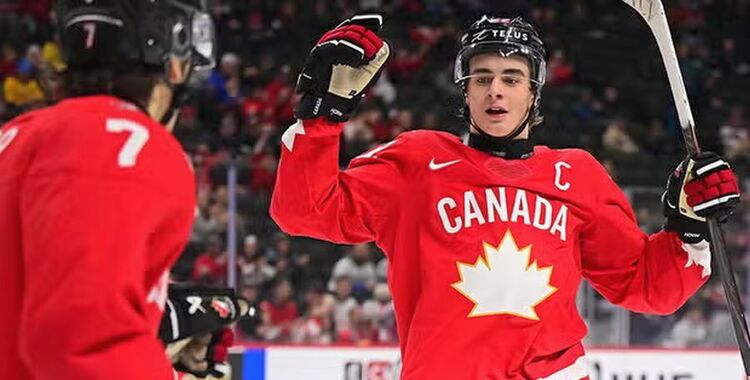
Canada Wins Bronze Medal at 2026 IIHF World Junior Championship
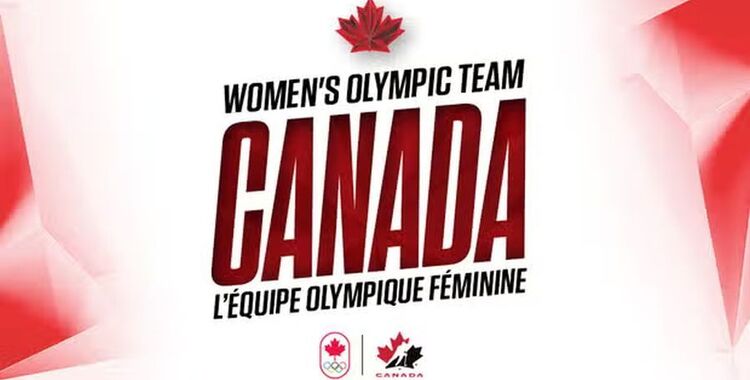
Women’s Hockey Team Unveiled for 2026 Olympic Winter Games
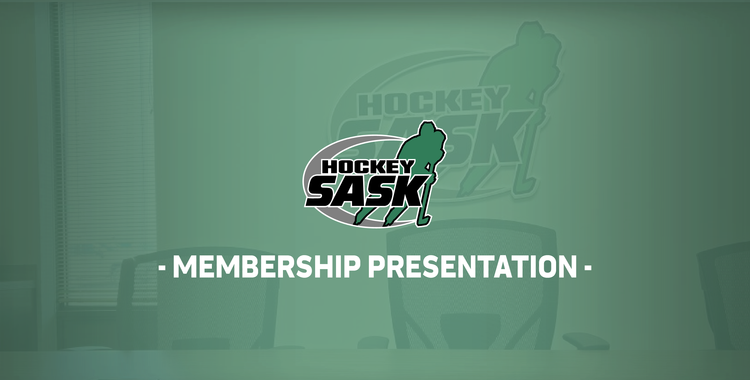
Hockey Saskatchewan Membership Presentation: January – WATCH
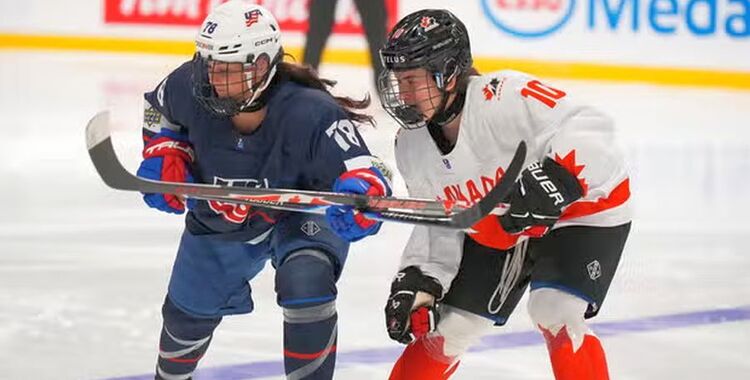
Canada Takes Silver at 2026 IIHF U18 Women's World Championship
